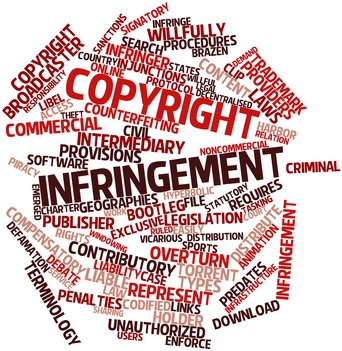Copyright law is a complex and nuanced field. In its simplest form, it protects original works of authorship, including literary, dramatic, musical, and artistic works. When considering the realm of music, this extends to the melodies, lyrics, and recordings of a song. It’s important to note that copyright protection applies to complete songs and can also extend to smaller portions of a song, including samples.
The Concept Of Sampling
Sampling is a common practice in the music industry. It concerns pulling a portion, or “sample,” from a sound recording, which is then incorporated into a new composition. This practice is particularly prevalent in genres such as hip-hop and electronic music. The question, however, arises: are these samples copyright free?
Are Samples Copyright Free?
The simple answer is no, samples are not inherently copyright free. Just like full songs, samples are protected under copyright law. Using a sample without the necessary permissions or licenses can lead to legal repercussions, including copyright infringement claims. This holds true even if the sample is only a few seconds long or has been significantly altered in the new work.
Clearing Samples & Fair Use Doctrine
To legally use a sample, you would normally need to clear it, i.e., obtain permission from the copyright holder, which can often involve paying a fee. However, there is an exception to this rule known as the fair use doctrine. This legal doctrine allows limited use of copyrighted material without permission from the copyright holder under certain circumstances, such as for commentary, criticism, news reporting, and academic research.
However, applying the fair use doctrine to sampling can be tricky. Factors like the purpose of the use, the nature of the copyrighted work, the amount and substantiality of the portion used, and the effect of the use on the market for the original work are considered when determining whether a use constitutes fair use.
The Rise Of Royalty-Free Samples
A market for royalty-free samples has emerged in response to the complex and often costly process of clearing samples. These are samples that, once bought, can be used without the need to pay ongoing royalties. They are typically provided by sample libraries or outlets dedicated to producing and distributing these kinds of samples. However, it’s important to remember that “royalty-free” does not necessarily mean “free of cost.” Often, there is an initial cost to buy the sample, but no ongoing royalty payments are required.
Conclusion: Navigating The Complex World Of Sampling
In summary, samples are not inherently copyright free. To use a sample legally, one must either clear the sample by obtaining permission from the copyright holder or qualify for fair use. Alternatively, one can opt for royalty-free samples to avoid traditional potential costs. As with all legal matters, it’s always advisable to consult a legal professional to ensure compliance with copyright law when using samples in music production. This will ensure that creativity can continue growing without potential legal traps.
The post Are Samples Copyright Free? appeared first on HotNewHipHop.









 title for World’s Largest Pizza to launch the Big New Yorker on January 18, 2023 in Los Angeles, California. (Photo by Charley Gallay/Getty Images for Pizza Hut)
title for World’s Largest Pizza to launch the Big New Yorker on January 18, 2023 in Los Angeles, California. (Photo by Charley Gallay/Getty Images for Pizza Hut)